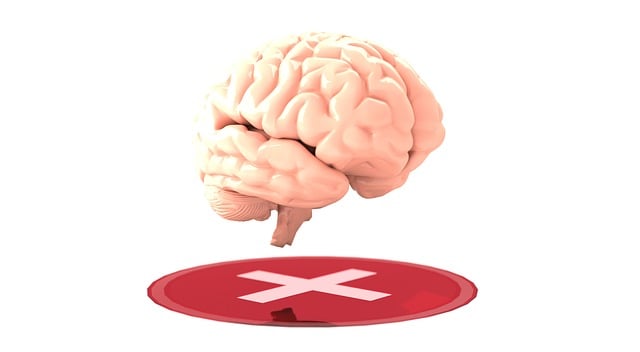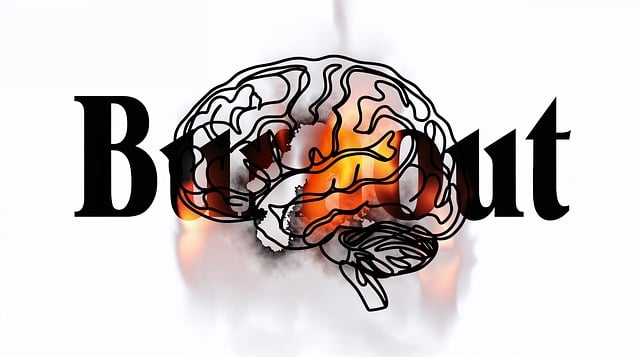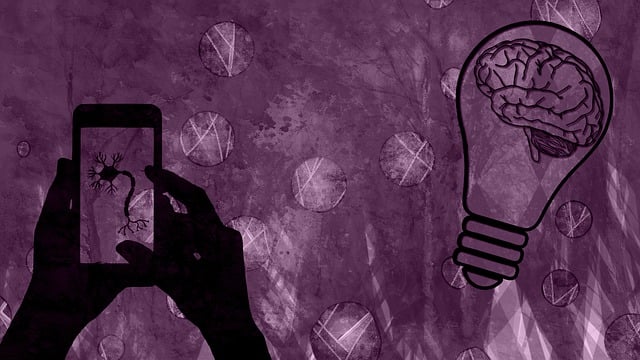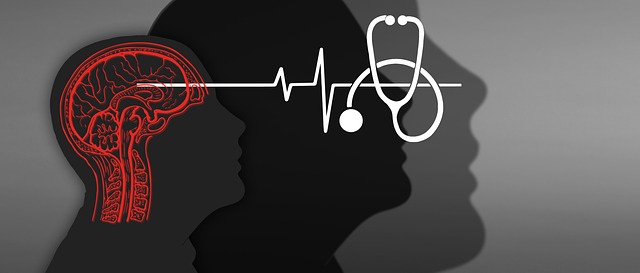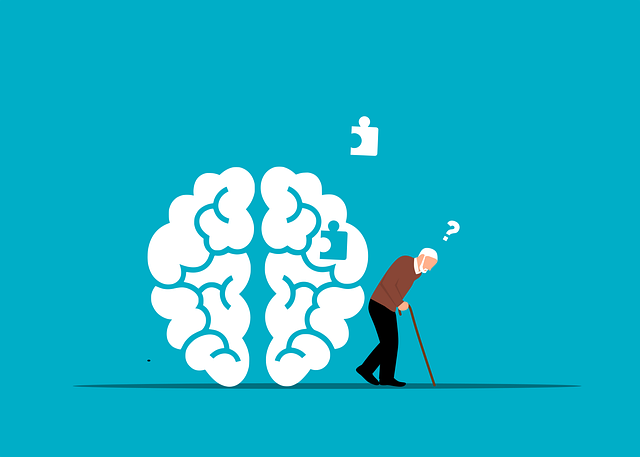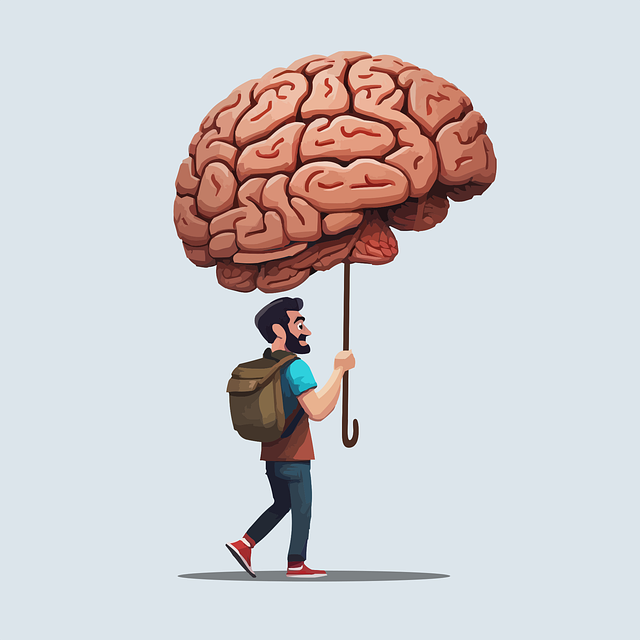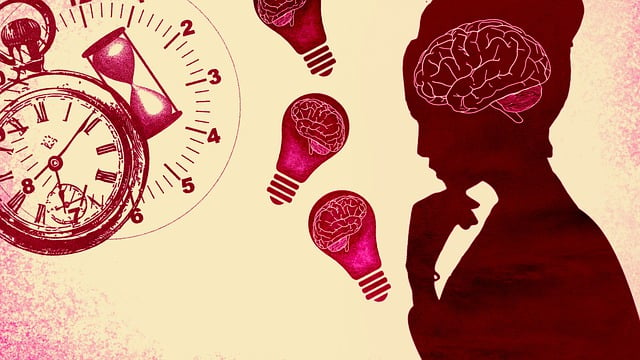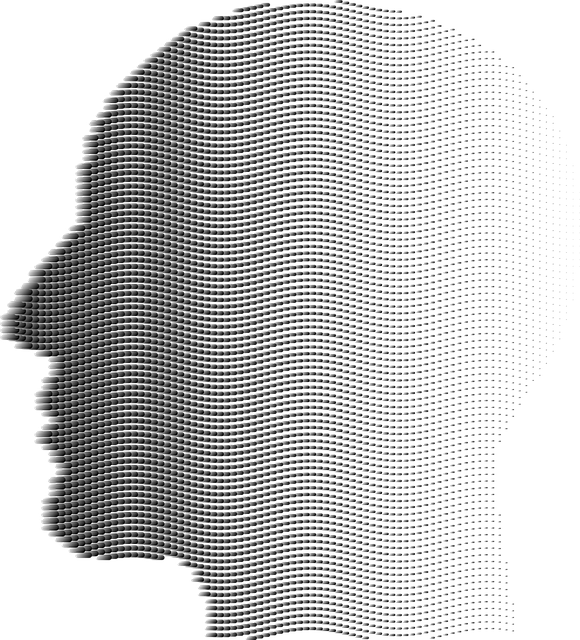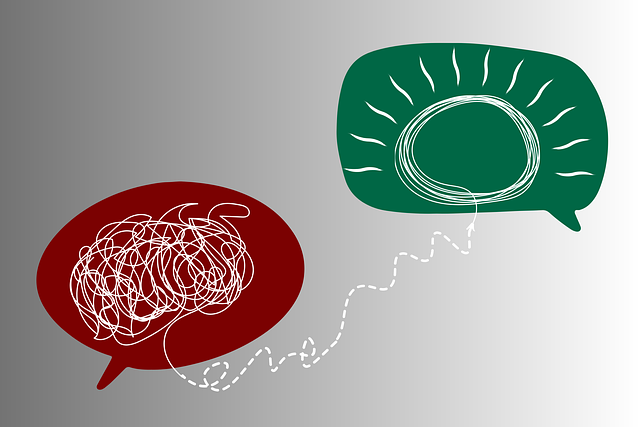The stigma around mental illness severely limits access to care for older adults, leading to delayed treatment and isolation. This bias results in prejudice and discrimination, preventing elders from discussing symptoms openly or seeking support like therapy and biofeedback. To address this issue, healthcare professionals need crisis intervention guidance and risk management planning. Educating communities about mental health in seniors, promoting open conversations, and reducing stigma enable earlier interventions with improved recovery outcomes. Biofeedback therapy, teaching control over stress responses, is a powerful tool for reducing older adult stigma by enhancing self-awareness and emotional regulation. Effective communication strategies like biofeedback integration into therapy and coaching programs further combat mental illness stigma among the elderly. Community engagement, policy changes, awareness campaigns, support groups, and government initiatives are vital to creating supportive environments. Evidence-based practices such as biofeedback for depression prevention ensure comprehensive mental wellness support for older adults.
Mental illness stigma remains a significant barrier to elders receiving adequate mental health care. This article explores comprehensive strategies to reduce this pervasive issue, including understanding its profound impact on older adults’ well-being. We delve into innovative approaches such as biofeedback therapy, which shows promise in alleviating stigma and promoting healing. Additionally, we discuss effective communication tactics and emphasize the crucial roles of community engagement and policy changes in fostering a more supportive environment for mental health treatment among elders.
- Understanding Stigma and Its Impact on Mental Health Care for Elders
- The Role of Biofeedback Therapy in Reducing Stigma
- Effective Communication Strategies to Overcome Elder Stigma
- Community Engagement and Policy Changes for Stigma Reduction
Understanding Stigma and Its Impact on Mental Health Care for Elders

Stigma surrounding mental illness can have profound effects on older adults seeking help, often hindering their access to appropriate care and support. This societal bias frequently manifests as prejudice, discrimination, or negative attitudes towards individuals dealing with mental health challenges. For elders, this stigma can lead to feelings of isolation, shame, and a reluctance to discuss their symptoms openly, thus delaying necessary treatment. As a result, they may face barriers in receiving the help they need, including therapy and specialized biofeedback techniques designed to improve mental wellness.
Crisis intervention guidance and risk management planning for mental health professionals are crucial steps in countering this issue. By fostering understanding and empathy among caregivers and healthcare providers, stigma can be reduced. Educating communities about the signs of mental illness in older adults and promoting open conversations can lead to earlier interventions. This, in turn, can enhance the effectiveness of treatment, improve recovery outcomes, and ensure that elders receive the care they deserve, free from the shackles of stigma.
The Role of Biofeedback Therapy in Reducing Stigma

Biofeedback therapy has emerged as a powerful tool in the mental health arsenal, specifically targeting stigma reduction among older adults. This non-invasive approach trains individuals to gain control over bodily functions often associated with stress and anxiety, such as heart rate and muscle tension. By learning mindfulness meditation techniques through biofeedback guidance, elders can develop a stronger sense of self-awareness and emotional regulation.
The process encourages positive thinking patterns and relaxation responses, which are particularly beneficial in mitigating the impact of mental illness stigma. Crisis intervention strategies incorporated into biofeedback therapy provide individuals with coping mechanisms to navigate stressful situations, fostering resilience and reducing the fear associated with seeking mental health support. This personalized approach ensures that elders feel empowered to take charge of their well-being, breaking down barriers and promoting a more positive perception of mental health issues.
Effective Communication Strategies to Overcome Elder Stigma

Effective communication is a powerful tool to reduce stigma associated with mental illness in the elderly population. By implementing specific strategies, therapists and care providers can foster understanding and empathy. One such approach is incorporating biofeedback techniques into therapy for elders. This method allows individuals to gain control over their physiological responses, promoting self-awareness and encouraging open dialogue about emotional states.
Additionally, mental wellness coaching programs tailored for the elderly can play a significant role in stigma reduction. These programs focus on developing coping mechanisms, building resilience, and enhancing overall mental wellness. Moreover, risk management planning for mental health professionals is essential to ensure they are equipped to handle sensitive discussions, thereby creating a supportive environment for both caregivers and elders.
Community Engagement and Policy Changes for Stigma Reduction

Community engagement plays a pivotal role in reducing the stigma surrounding mental illness. By fostering open dialogues and organizing awareness campaigns, communities can educate themselves about mental health conditions and dispel myths that perpetuate stigma. Encouraging older adults to participate in such initiatives, especially through support groups led by professionals or peer mentors, can significantly enhance their well-being and encourage them to seek therapy when needed. These platforms also offer a safe space for sharing experiences, promoting empathy, and reducing the isolation often associated with mental illness.
Policy changes at both local and national levels further contribute to stigma reduction efforts. Governments and healthcare organizations can implement policies that prioritize mental health services, make therapy more accessible, and integrate it into primary care settings. Additionally, incorporating self-awareness exercises and positive thinking techniques in educational curricula can equip younger generations with the tools to recognize mental health issues early on. This proactive approach, coupled with evidence-based practices like biofeedback for depression prevention, has the potential to create a more supportive environment for those dealing with mental illness.
Mental illness stigma is a significant barrier to effective mental health care for elders. By understanding its pervasive impact, we can implement targeted strategies such as biofeedback therapy and improved communication to reduce this stigma. Community engagement and policy changes are crucial in fostering an environment that supports and embraces individuals seeking therapy for elders, ultimately enhancing their well-being and quality of life.
